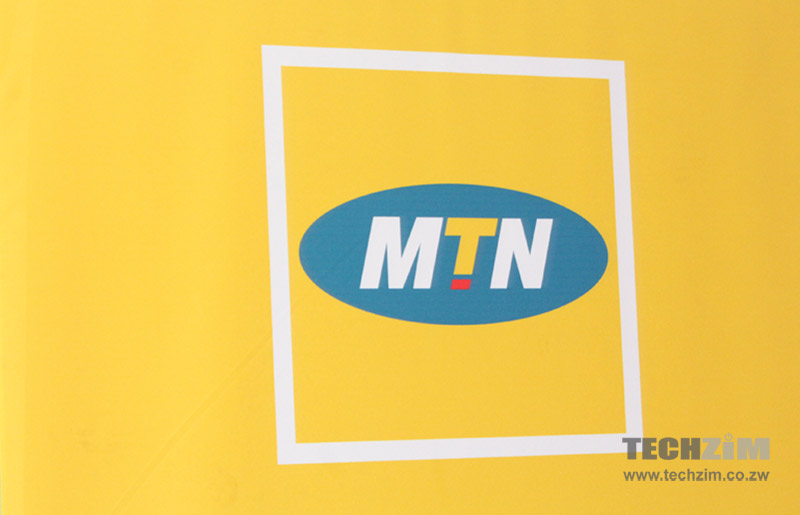MTN Group, one of the most visible telecoms groups in the world and the second largest in Africa recently released its quarterly update for the period ending March 2016.
While most of the focus in the past year and especially for this update on the emerging markets telecoms giant has been on how it is dealing with the $3.9 billion fine it received in Nigeria for failing to adhere to subscriber registration regulations, this update has also shined some light on the current state of African telecoms.
You can check out the complete presentation to MTN’s quarterly update by following this link
What were some of the highlights in the MTN update?
The group experienced a 1,4% Quarter on quarter decline in mobile subscribers an outcome which was largely influenced by its disconnection of 4.5 million subscribers for MTN Nigeria in February this year.
MTN South Africa also shed its own share of subscribers, losing 1.7% of its user base, though MTN has attributed this to “seasonality and the alignment of the subscriber base recently acquired from Autopage ” with the nod to Autopage being a reference to MTN’s joint acquisition – together with Vodacom and Cell C – of Altech Autopage’s subscriber base.
Right now the MTN Group has a registered 229,3 million subscribers spread across the 22 countries it operates in Africa and the Middle East.
One major change highlighted by MTN has been its restructuring which has split its markets into three main regions; South and EastAfrica (SEA), West and Central Africa (WECA), and Middle East and North Africa (MENA).
Data is the leading growth frontier
The aggregate performance for all these markets was highlighted with increases in voice traffic (12.1%) and data (123.3%) for the quarter versus the same period last year.
Compared to the first quarter of 2015 data revenue for the first quarter of 2016 increased by 20,1% and it is now contributing 24,2% to MTN Group’s total revenue.
In the accompanying comments the MTN Group executive chairman, Phuthuma Nhleko attributed this growth to an ambitious expansion of 3G and LTE in important markets along with increased smartphone uptake and targeted campaigns.
This investment in its network was reflected in the capital expenditure numbers that doubled to R6 974 million.
African telecoms operators face similar challenges
The same issues that MTN has grappled with in the past quarter and in the past year have also had a significant impact on other African telecoms operators.
Regulatory intervention has had an effect on the order of business and issues like the normalisation of subscriber registration have also shaved user totals in other markets.
In Zimbabwe, for example, Telecel and Econet have also had to terminate unregistered subscribers resulting in a major loss in users which has impacted revenue.
The growth of broadband in both traffic and revenue contribution has also been experienced by all operators as subscribers adapt to the host of service that mobile internet provides.
At the same time, this new frontier and its prospects for offering the bulk of future of revenues comes at a price. Network infrastructure has to be upgraded with transitions from 2G to 3G and 4G being achieved only through expensive network rollout plans.
These are common challenges for all African operators and as the operating environment for the entire continent faces macroeconomic pressures along with the difficulties presented by an evolving business all telecoms companies will have to figure out ways of adapting to maintain a positive profile.
